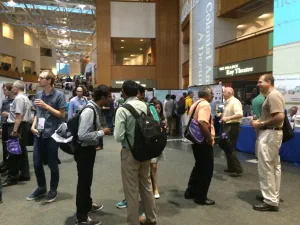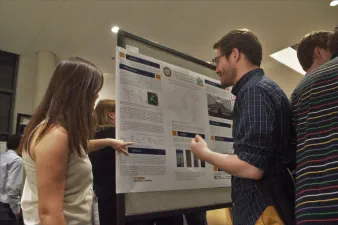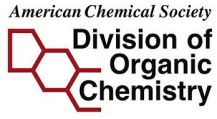Organic Syntheses
Since 1921, Organic Syntheses has provided the chemistry community with annual collections of detailed, reliable, and carefully checked procedures for the synthesis of organic compounds. Some procedures describe practical methods for the preparation of specific compounds of interest, while other procedures illustrate important synthetic methods with general utility. Each procedure is written in considerably more detail as compared to typical experimental procedures in other journals, and each reaction and all characterization data has been carefully “checked” for reproducibility in the laboratory of a member of the Board of Editors. In order for an article to be accepted for publication, each reaction must be successfully repeated at least twice in an editor’s laboratory, with yields and selectivity similar to that reported by the submitting authors. Over 2500 articles have been published to date, incorporating procedures for conducting well over 5000 different synthetic reactions.
Organic Syntheses Inc. and the ACS Organic Division have worked closely together for a large number of years. In fact, Organic Syntheses funds the Roger Adams Award and until the program was discontinued, several of the Graduate Fellowships. In their place, they now provide funding to the DOC’s Graduate Research Symposium (GRS), several Gordon Conferences, and they also have a summer grant program for faculty at principally undergraduate institutions (PUIs).
The Organic Syntheses open access website (http://www.orgsyn.org/) allows users to access individual articles via graphical tables of contents and also to conduct keyword and substructure searches of the database of the reactions highlighted in the volumes via a free ChemDraw plugin.
Organic Syntheses regularly financially supports Organic Division programs and they cosponsor the Roger Adams Award which recognizes and encourage outstanding contributions to research in organic chemistry defined in its broadest sense. The award is presented biennially in odd-numbered years at the National Organic Chemistry Symposium (NOS). A video of the 2023 Award presentation including some of the history of Organic Syntheses is available here.
For more information about Organic Syntheses visit http://www.orgsyn.org/.
Latest from OrgSynth
New article published: Preparation of tBu-MsFluind-Br [...]
New article published: Synthesis of 6-methoxy-2-methyl-2-(4-methylpent-3-en-1-yl)chroman-4-one via Kabbe Condensation [...]
New article published: Synthesis of gem-Difluoroalkenes through Ramberg-Bäcklund Reaction of Alkyltriflones [...]
New article published: OS Techniques Glass Cannula for Bulb-to-Bulb Cold Transfer [...]
New article published: Editorial Announcing "OS Techniques" - A New Category of Articles in Organic Syntheses [...]
New article published: OS Techniques Purification of Organic Compounds by Flash Column Chromatography [...]
New article published: Rapid Access to Enantiopure Protected (R)-Paraconyl Alcohol [...]
New article published: Efficient Preparation of Chiral Hydroxylamines via Nickel-Catalyzed Asymmetric Hydrogenation of Oximes [...]
New article published: Large-Scale Syntheses of Silanoxy-Tetrahydrofurans via Stereospecific [5,5]-Rearrangements of Silanol Epoxides [...]
New article published: Iodine-Catalyzed Stereospecific anti-Diamination of trans-β-Methylstyrene [...]




